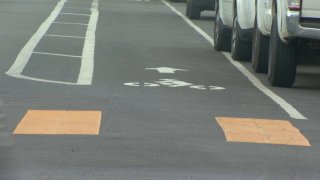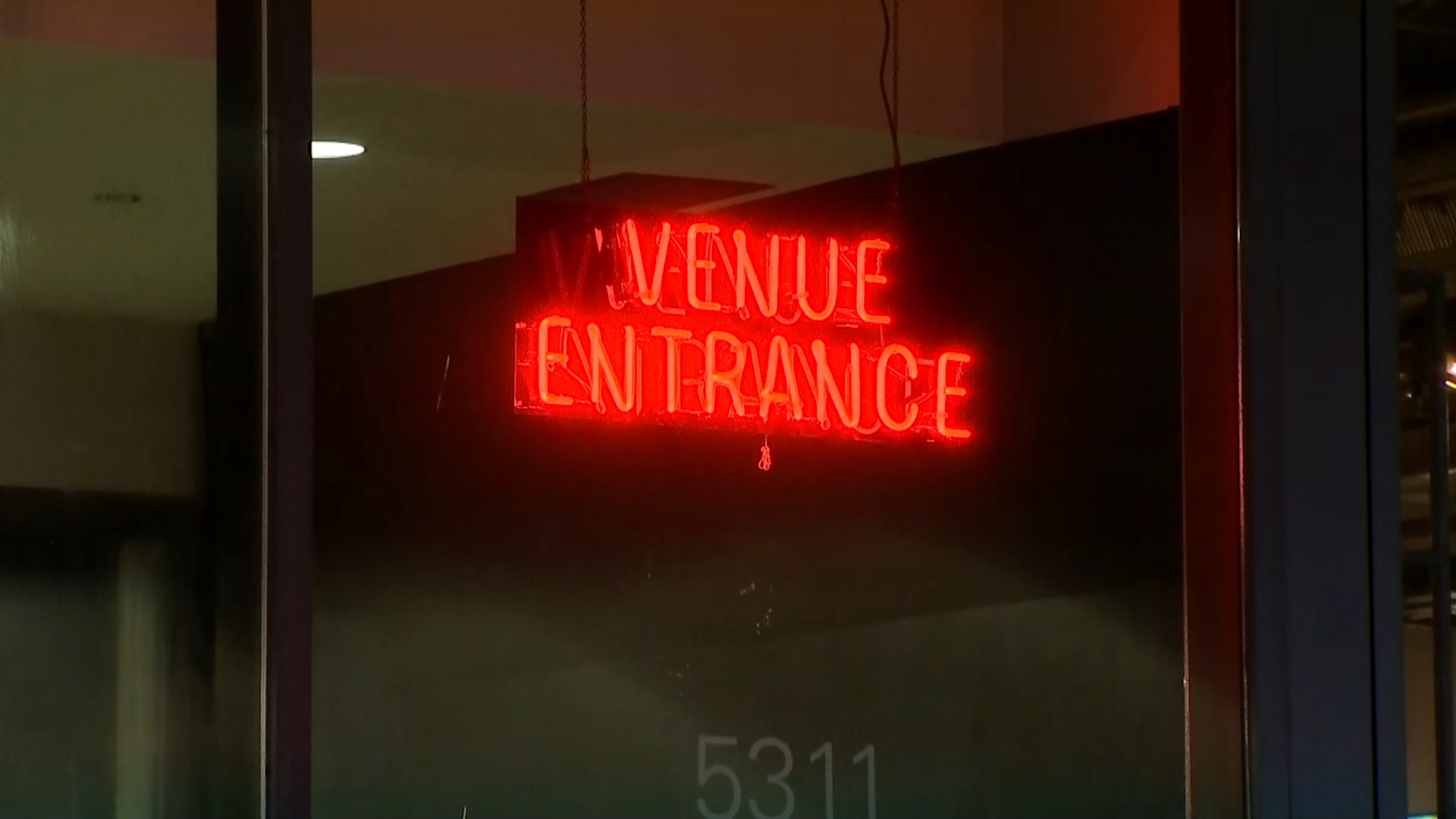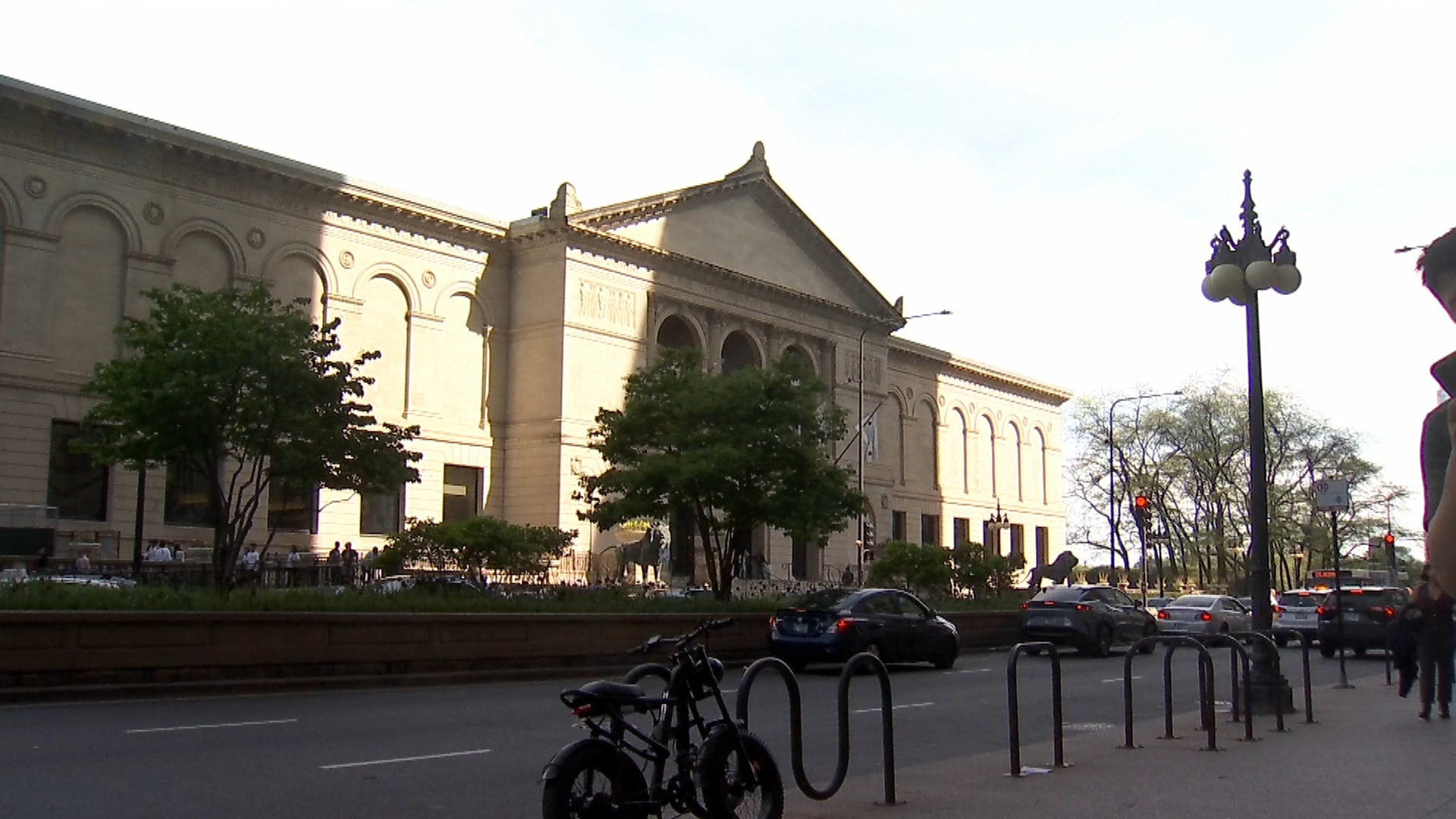
Chicago has work to do to make its city streets more friendly to cyclists, according to two recent studies of how accessible cities are by bike.
One of the studies ranked 50 U.S. cities by their “bikeability” and put Chicago in the middle of the pack.
Chicago ranked 20th in the report published last month by Clever, a real estate website. Minneapolis came in first place, followed by Portland, Oregon, and San Francisco. The least bike-friendly city was Memphis, Tennessee.
The metrics Clever used to rank the cities included how “bikeable” the metro area is based on Walk Score’s bike score, the ratio of bike trails, bike shops, bike rental shops and bike shares per 100,000 residents; how many cyclists were involved in fatal car crashes in 2021 and the percentage of bike commuters.
“Chicago is better than average for large U.S. cities when it comes to bike friendliness,” said John Greenfield, co-founder of My Streetsblog Chicago. “We have a lot of bike infrastructure, we’ve got a lot of people riding bikes, we’ve got a lot of wonderful places to ride bikes.”
The study also factored in Google searches for “cycling” and “bike trails,” how many days a year it’s too cold or there’s inclement weather, and the amount of days the city has good air quality.
A city scored points for committing to the mission of Vision Zero, a nonprofit focused on preventing traffic fatalities. Vision Zero Chicago began in 2017 with the goal of eliminating traffic deaths and serious injuries by 2026.
Local
Compared to the average of the 50 cities, Chicago had fewer fatal crashes, more bike-share docking stations, a higher percentage of bike commuters and a bikeability score of 72 out of 100. But the city fell short of having enough trails, bike shops and bike rental places per 100,000 people.
A similar study published in June ranked Chicago’s bikeability much lower. The annual report from People For Bikes focused more on speed limits, protected bike lanes and grid connections. People For Bikes examined 1,484 U.S. cities and 249 international cities.
Feeling out of the loop? We'll catch you up on the Chicago news you need to know. Sign up for the weekly Chicago Catch-Up newsletter here.
The score is on a scale of zero to 100. A lower number means a city lacks safe passage for cyclists and a higher one means a city has accessible options to bike. Minneapolis also came out on top in this study, along with Provincetown, Massachusetts, and Davis, California.
The Federal Highway Administration has found that a car traveling 30 mph that hits a pedestrian has a 45% chance of killing or seriously injuring them, while at 20 mph, the likelihood of death drops to 5%.
Greenfield praised People For Bikes for pointing out the major hurdles facing bicycling in Chicago.
“It’s good that People For Bikes highlights that we need to lower our speed limit and we need a connected, protected citywide network of bike lanes,” Greenfield said. “Wherever you live in the city, you should be able to ride where you need to go.”
Meanwhile, he said, the Clever study does a better job of capturing what Chicago’s bike infrastructure is good at and not good at.
“Their approach to studying this is just a lot more logical than the People For Bikes report that for the past three years has put Chicago at the very bottom,” Greenfield said.
“The person who wrote the People For Bikes report told Streetsblog last year that if Chicago had a 25 mph speed limit, we would shoot up to being the 15th best city in the U.S. in their rankings.”
In March, the Chicago Department of Transportation put out a cycling strategic plan for the city. The blueprint included adding 150 miles of new and upgraded bike lanes and creating a continuous grid of low-stress bike routes between neighborhoods.
Mayor Brandon Johnson’s transition team released a report in July outlining policy recommendations for improving safety on the roads for cyclists and pedestrians, which included lowering speed limits and creating a citywide, protected bike network.
“The report that Chicago is one of the very worst large U.S. cities could actually do some harm and discourage people from biking,” Greenfield said. “It’s a very enjoyable way to get around, it’s good for our environment and it would get safer if more people were out riding.”



